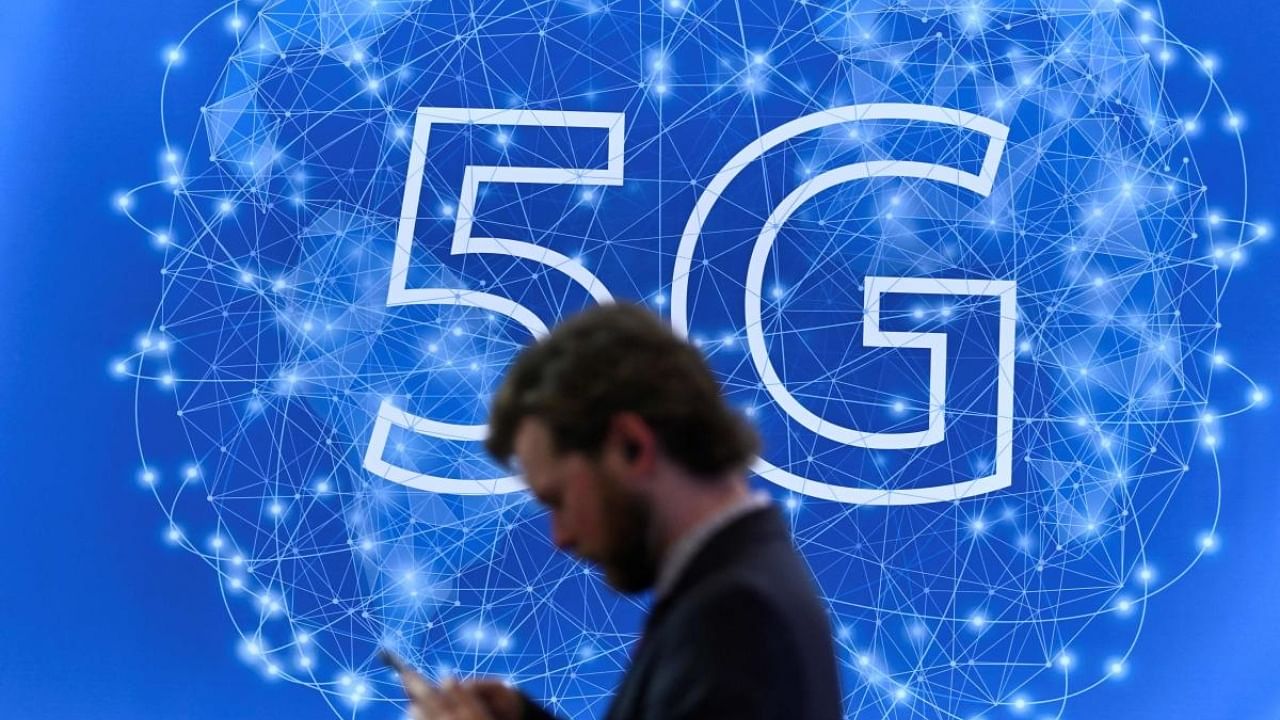
Akash Ambani, head of India's biggest telecom company, on Tuesday said high-speed fifth-generation cellular network or 5G will transform healthcare services, education, agriculture and disaster management, making cities smarter and societies safer.
5G ambulances will not just allow remote consultation, but would also be able to transit data and video to hospitals in real time, saving precious time for critical patients.
5G technology would also support the development of new educational applications, improve agriculture productivity, and aid search and rescue missions with high resolution cameras in disaster recovery zones.
Also Read: 4G/5G tech stack now ready, India to be major telecom technology exporter in 3 yrs: Ashwini Vaishnaw
"Five months ago, on October 1, 2022, Prime Minister inaugurated 5G services in India. In less than half a year, the industry has retooled itself and is rapidly bringing the 5G revolution to every nook and corner of the country," said Akash Ambani, chairman of Reliance Jio, at a post-budget webinar.
Jio, he said, has launched 'true 5G service' in 277 cities across the nation, with the largest deployment of more than 40,000 sites and almost 2.5 lakh cells of 5G network in 700 Mhz as well as in the 3500Mhz band.
"We are on the path to achieve the declared goal to increase the Jio 5G footprint month-after-month to other cities, towns, and talukas of various State/UTs, and are aiming to cover every town, every taluka, and every tehsil across the nation by December 2023. This will be the world's fastest 5G rollout," he said.
Akash Ambani, son of Reliance group chairman Mukesh Ambani, said the impact that 5G will have on India's growing economy is immense.
"5G will make our cities smarter and society safer, utilities more stable and emergency services more responsive and industry more efficient.
"In short, 5G technologies have had a profound impact on modern societies and 5G is perhaps among the top contenders of this technology.
"Many novel use cases are finding their way to the market across sectors such as healthcare, education, agriculture, smart cities and infrastructure, including entertainment and productivity," he said.
The fifth-generation mobile technology - first introduced in South Korea three years ago - promises higher multi-Gbps peak data speeds, ultra-low latency, more reliability, massive network capacity, increased availability, and a more uniform user experience.
Talking about what 5G can achieve, the junior Ambani said the deployment of 5G in the healthcare industry can significantly improve the reach and quality of health care by enabling remote consultations, improved speed of diagnoses and ambulances being able to transmit data and video to hospitals in real time.
The use of 5G technology would allow precision farming by providing farmers with real-time data on weather patterns, soil moisture levels, and crop growth while also helping them monitor health or livestock in real-time.
Autonomous farming, where drones or robots perform tasks such as planting, spraying, and harvesting crops, can also be enabled by 5G technology.
This can increase efficiency and dramatically reduce labour costs, he said adding 5G technology can be used to create smart irrigation systems that adjust water usage based on real-time data on weather patterns and soil moisture levels. This can help farmers in conserving water and reduce their environmental impact.
In education, 5G allows students access to educational materials and resources from anywhere, at any time.
It enables students and teachers to collaborate in real-time and in a variety of ways, such as through virtual reality (VR) or augmented reality (AR) experiences while also supporting development of new educational applications and tools that leverage student capabilities.
5G technology can enable ultra-low latency services and manage disaster response scenarios like search and rescue missions with high resolution cameras in disaster recovery zones and timely and accurate aid supply.
He said the integration of 5G technology in smart cities has the potential to revolutionize lives by providing improved connectivity, enhanced data collection and analysis, increased efficiency, better public services and improved quality of life.
5G technology is expected to revolutionize the way entertainment is offered and consumed through cloud gaming, 8K UHD streaming video, and immersive content.
"Doctors, students, farmers, teachers, factory workers, office workers, small businesses and society at large will be significantly and positively impacted by the march of 5G and allied technologies," he said.
"The impact of the technology is significant, and we must all, from industry, government and academia strive towards the development and adoption of this technology in a collaborative, responsible, and ethical manner."